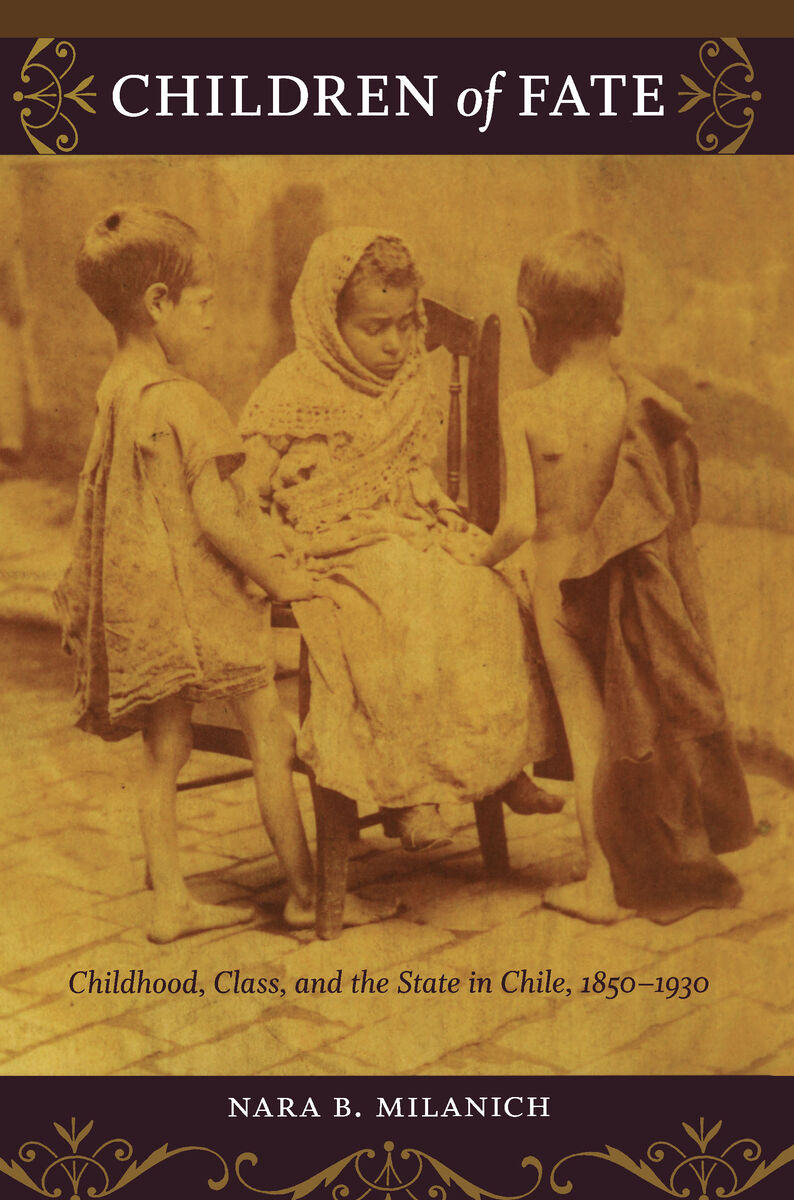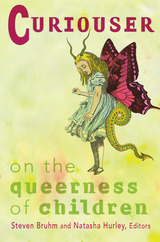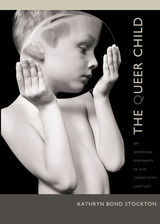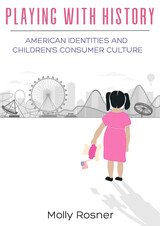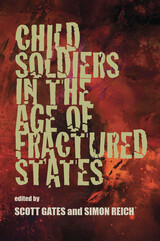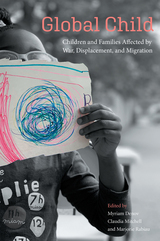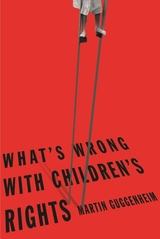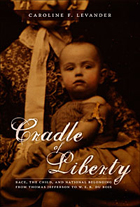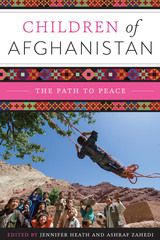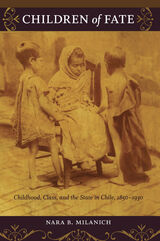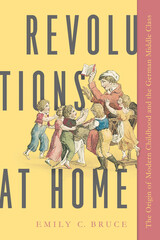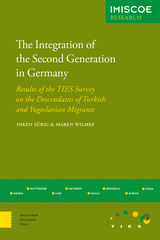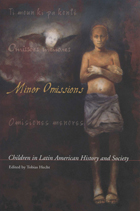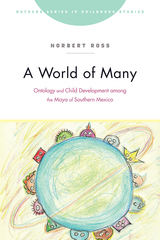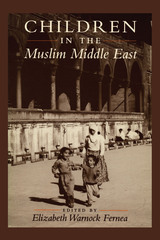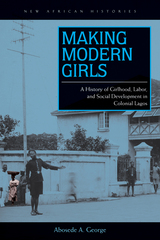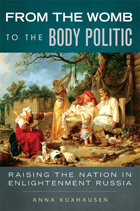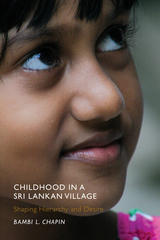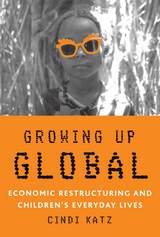“Children of Fate is a remarkable historical account of the intertwining of family law, vernacular kinship practices, and class in late-19th-century Chile.” - Clara Han, PoLAR: Political and Legal Anthropology Review
“In Children of Fate, Milanich provides a richly textured study of childhood
and filiation in late nineteenth- and early twentieth-century Chile that culls important stories from new archives and analyzes the liberal state’s role in ‘generating kinlessness.’. . . The resulting study provides an insightful and often heart-rending account of the vicissitudes of children without parents—and adults without kin—in late nineteenth- and early twentieth-century Chile.”
- Elizabeth Quay Hutchison, Journal of Interdisciplinary History
"Through a study of deeply rooted sociocultural structures . . . , Children of Fate seeks to understand how inequality has been produced, reproduced and perpetuated over time, resisting the cycles of economic growth and public policies that would supposedly end it. . . . Children of Fate stands out . . . for the importance of its subject and for contributing to a necessary and urgent discussion in Chilean society, reminding us that reducing social inequality cannot be left to economic growth but requires a cultural change that . . . even today has yet to materialize."
- Pablo Whipple, A Contracorriente
“In this beautifully written and well-crafted book, Nara B. Milanich convincingly argues that the family served as the nexus for class formation in late nineteenth and early twentieth century Chile. . . . [T]his study makes a major contribution to the burgeoning historiography of children in Latin America. In addition, Children of Fate should become required reading for students of class and state formation beyond Latin America.” - Robert Alegre, Labour/Le Travail
“Children of Fate is truly original, with an extraordinary level of insight and analysis. Nara B. Milanich shows how class identity was manipulated by the liberal state in a way that maintained hierarchies, and she illustrates her arguments with rich examples gleaned from extensive archival research. A brilliant, first-rate book.”—Elizabeth Kuznesof, author of Household Economy and Urban Development: Sao Paulo, 1765 to 1836
“Children of Fate tells a thoroughly engrossing, emotionally moving story about children in Latin American history. Nara B. Milanich’s extremely powerful and original arguments about family, law, class relations, and state formation in nineteenth- and twentieth-century Latin America have major ramifications for rethinking Latin American social and labor history and will undoubtedly help reshape the agenda of future social and political history in the field.”—Heidi Tinsman, author of Partners in Conflict: The Politics of Gender, Sexuality, and Labor in the Chilean Agrarian Reform, 1950-1973
“Children of Fate is a remarkable historical account of the intertwining of family law, vernacular kinship practices, and class in late-19th-century Chile.”
-- Clara Han PoLAR
“In Children of Fate, Milanich provides a richly textured study of childhood
and filiation in late nineteenth- and early twentieth-century Chile that culls important stories from new archives and analyzes the liberal state’s role in ‘generating kinlessness.’. . . The resulting study provides an insightful and often heart-rending account of the vicissitudes of children without parents—and adults without kin—in late nineteenth- and early twentieth-century Chile.”
-- Elizabeth Quay Hutchison Journal of Interdisciplinary History
“In this beautifully written and well-crafted book, Nara B. Milanich convincingly argues that the family served as the nexus for class formation in late nineteenth and early twentieth century Chile. . . . [T]his study makes a major contribution to the burgeoning historiography of children in Latin America. In addition, Children of Fate should become required reading for students of class and state formation beyond Latin America.”
-- Robert Alegre Labour/Le Travail
"Through a study of deeply rooted sociocultural structures . . . , Children of Fate seeks to understand how inequality has been produced, reproduced and perpetuated over time, resisting the cycles of economic growth and public policies that would supposedly end it. . . . Children of Fate stands out . . . for the importance of its subject and for contributing to a necessary and urgent discussion in Chilean society, reminding us that reducing social inequality cannot be left to economic growth but requires a cultural change that . . . even today has yet to materialize."
-- Pablo Whipple A Contracorriente
